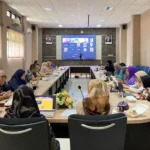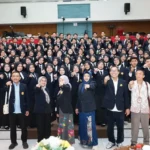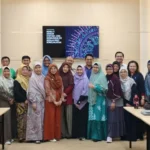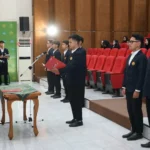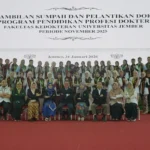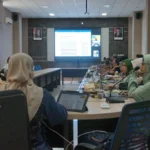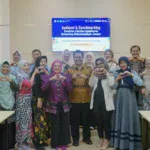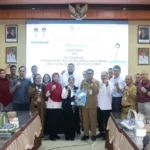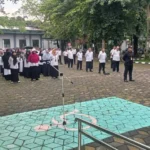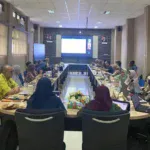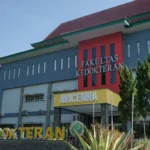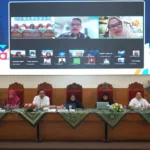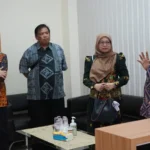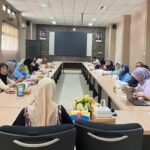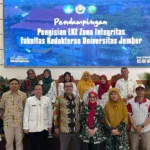Agromedicine – The Faculty of Medicine, University of Jember (FK UNEJ), held a Workshop on Developing a Corruption-Free Zone of Integrity (ZI-WBK) at Blambangan Hall, Kokoon Hotel, Banyuwangi. The event, which took place on Friday, October 4, 2024, from 7:00 PM to 9:30 PM WIB, featured Yusuf Adiwibowo, S.H., LL.M., the Head of the Faculty of Law’s ZI, as the second resource person. He shared his insights and experiences in building an integrity zone within the University of Jember.
In his presentation, Yusuf Adiwibowo outlined several strategic steps to prepare work units for achieving the status of a Corruption-Free Zone of Integrity (ZI-WBK). He emphasized the importance of changing organizational culture as the foundational step for ZI development. “Transformation in mindset and work culture are key elements,” he stressed.
He also explained the main tasks of work units in developing the ZI, emphasizing that each unit must focus on change management, governance, and strengthening the human resource (HR) management system of the apparatus. “Each unit must prepare a comprehensive strategy for managing these changes,” he added.
Additionally, Yusuf highlighted the importance of strengthening accountability, oversight, and improving public services. He emphasized that transparency and openness are the foundation for creating a corruption-free work environment. “Strong oversight and measurable accountability will encourage the achievement of the desired zone of integrity,” he said. The workshop was attended with great enthusiasm by the entire academic community of the Faculty of Medicine, University of Jember. Yusuf Adiwibowo’s humorous and relaxed delivery style kept participants engaged until the end of the event. “Developing an integrity zone doesn’t have to be rigid, but it must remain serious in its implementation,” he joked, eliciting laughter from the audience.
At the end of the session, the event continued with a group discussion, where participants actively asked questions about challenges they might face in developing the ZI in their respective work environments. Yusuf Adiwibowo provided practical advice and solutions to address these obstacles. The discussion, which lasted late into the night, demonstrated the participants’ strong enthusiasm for the material. Several questions raised about public service innovation and strategies for improving the quality of internal oversight provided valuable reflections.
Author: AKR


